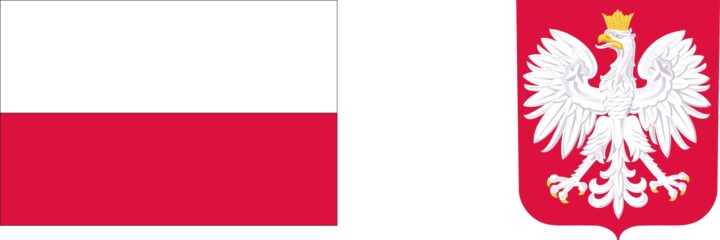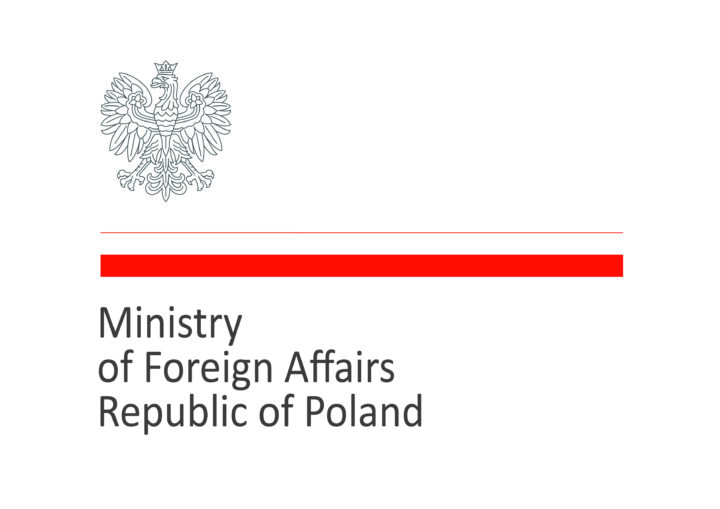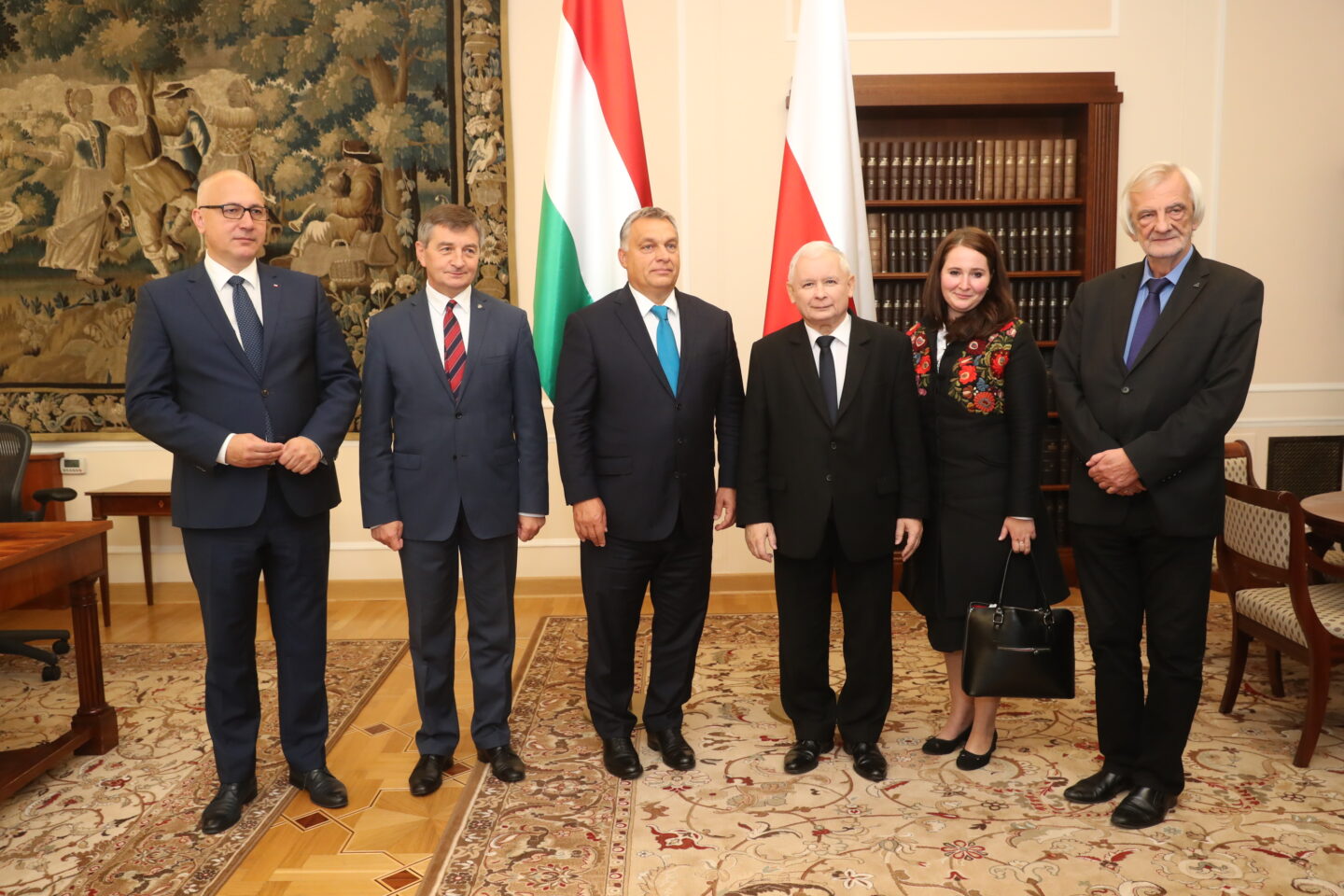The end of the Polish-Hungarian friendship. Golden times for the alliance between Poland, the Czech Republic and Slovakia are coming
The war in Ukraine resulted in significant political repercussions in our region. Hardly anybody could have expected that relations within the Visegrád Group would be turned upside down. The relationship between Poland and Hungary has cooled. On the other hand, never in the history we have been so close with the Czech Republic and Slovakia. It would be good to use this opportunity, as long as the circumstances are favourable for us.
The Polish-Hungarian alliance as a basis for V4Before the war, Poland had the strongest relations with Hungary. Budapest was not only its most important partner in the region, but after the United Kingdom had left the EU, it was its most important partner in the EU. This alliance was based on several strategic factors. First, both Kaczyński’s PiS and Orban’S Fidesz are anti-liberal parties, building their political support on a dichotomy of ‘local people’ vs ‘cosmopolitan elites’ supported by the liberal European establishment, with which PiS and Fides are in a structural conflict. The support of conservative people from small towns and rural areas also brings PiS and Fidesz together, when axiological issues are considered. Both parties jointly oppose progressive recommendations and emphasise the need to maintain the social governance based on traditional values.
The second factor giving rise to a potential for cooperation is their “sovereignty-focused” policy towards the EU. PiS and Fidesz support a selective integration, i.e., only in those areas where it is beneficial from the point of view of the national interest. Integration for the sake of integration alone is not valuable for them. This, naturally, leads to tensions with the EU establishment and gives rise to a need to create a regional alliance of states with similar interests and values, pushing Budapest and Warsaw towards cooperation. In the area of the rule of law, where both capital cities are in the EU black books, they even attempted to find allies in V4 in their dispute with paternalism of Western Europe, However, the Czech Republic and Slovakia did not want to defend Poland and Hungary, but they were not at the forefront of putting the pressure on Warsaw and Budapest.
The similarities in fortunes of Poland and Hungary were so strong that PiS even tolerated Orban’s close relationships with Russia. Before the war, despite its ambivalent rhetoric and energy cooperation, Hungary did not block successive packages of sanctions imposed on Russia after 2014, which would be perceived as crossing the thin red line by Warsaw.
Hungary is out of favour
The said thin red line was crossed after the Russian aggression on Ukraine. Hungary not only inhibited discussion on successive packages of sanctions, but also maintained a highly unambiguous position towards the conflict. The narration of Hungarian media, controlled by Orban, significantly differed from information about the war presented, e.g., on TVP. While the decision to stop the embargo on the Russian oil and gas could, after all, be understood due to the high dependence on Russian materials, attempts, e.g., to exclude Patriarch Kirill from the sanctions proved that the Russian-Hungarian cooperation reached a dangerous level. Since the beginning of the war, Hungary has been commonly criticised, including by Kaczyński himself. The diplomatic relations have cooled significantly, as it is best evidenced by the cancellation of the V4 summit that was to be held in Budapest. Orban is criticised by Poland, but also by the Czech Republic led by new Prime Minister Fiala (contrary to the times of Babiš).
Taking into account Orban’s highly defensive attitude, it was even considered whether this did not mean the end of V4, due to such great differences. However, dissolving of the Visegrád Group is not an option. A history of differences in interests of individual countries is long, and this proves resistance of this format to conflicts. Nevertheless, Hungary greatly undermined its position in the region. What is important, also the dispute between Brussels and Hungary concerning the rule of law starts to follow a different route than that with Poland.
Prague to become a new Budapest to Poland?
Simultaneously with the process of depreciation of Hungary’s role, the importance of Polish-Czech relations have been increasing. Just a few months ago, the dispute over the Turów power plant was the main subject in relationship between Warsaw and Prague. This question remained unsolved until the end of Babiš’ government, despite many rounds of negotiations. We should emphasise that Turów has not been a sole cause of poor relations between the Czech Republic and Poland. Critical Czech opinions on the Polish judicial reform were reaching Poland. Prague did not share the PiS approach to the EU policy, despite the significant public scepticism towards the EU. It also did not want to support PiS in its disputes with the European Commission. Czechs maintained a distanced attitude towards a vision of more extensive cooperation under V4, because they did not want to elevate the regional cooperation to the “geopolitical” level and to stop the German influence on the region of Central and Eastern Europe, which was an approached forced by PiS.
It appears that the war changed the perception of the Czech Republic in many areas, or at least, such is the opinion in Poland. First, Warsaw notices that significant political de-Russification has occurred in the Czech Republic. Today, Prague perceives actions of Russia in the same way as Poland; and it is well known that a basis for the common policy is the common perception of threats. The best example of that change is the fact that not so long ago the Czechs were not interested in the construction of the Stork II gas transmission pipeline to Poland. They were of the opinion that this project was unprofitable from the business point of view, because they had convenient connections with Germany and Slovakia. In their calculations, they did not foresee that Gazprom could cut off gas supplies even for entire Europe. Currently, the Czech Republic wants to construct the gas transmission pipeline to Poland, because it needs an access to the international LNG market. Today, the increase in Poland’s importance in the energy sector is visible not only in the Czech Republic. The development of the transport infrastructure is also planned, to provide the Czechs with a better access to Polish ports.
Talking with the Czechs, one may be of an impression that not only do they share Poland’s opinion about Russia, but also that the capital on the Vltava came to the conclusion that even the war had not been able to provoke an appropriate reaction in many countries of Western Europe, and this additionally increases the significance of Warsaw. Furthermore, the Czechs support more ambitious assistance for Kiev, including a solid Reconstruction Fund and the accession of Ukraine to the European Union. Today, in consequence of those postulates and determination in their implementation, Prague finds that it has more in common with Warsaw than with Berlin, which attitude is considered very disappointing in the Czech Republic.
Furthermore, Poland is pretending to the position of the military power in the region. Long before 24 February, Warsaw spent 2% of its GDP on the army, and this was not a standard policy in NATO. The announced increase in these expenditures to 3% GDP means a radical acceleration in the modernisation programmes, and increases Poland’s attractiveness in terms of the security. Furthermore, the rise in Poland’s importance is visible at the international level, due to its very intense cooperation with the U.S. The war climate has decreased the importance of “traditional” objections towards PiS based on ideological grounds, especially as Prime Minister Fiala is from ODS, with which PiS cooperates in the European Parliament. In this context, it is worth noting that today niche projects, recently pursued by the conservative milieux in the Czech Republic and in Poland (e.g., by the Centre for Political Thought in Krakow that even published Fiala’s book) have started to bear fruit. Thanks to them, in the Czech Republic there are people in the Prime Minister’s circles, including himself, who know Poland better and can deconstruct existing stereotypes. They also know PiS’ point of view due to their direct contacts, and this facilitates the cooperation.
Warsaw and Prague also have a joint attitude towards the question of Ukrainian refugees, who have arrived to both countries in great numbers since 24 February. Common challenges have become a subject of joint conversation. Polish help offered to the refugees and to Ukraine itself is very well perceived by the Czech society. Both societies received a large number of refugees, and this gave rise to mutual recognition, but also to a sense of common challenges, which will stay with us long after the war ends. A symbolic confirmation of the common course was a joint trip to Kiev of Prime Minister Morawiecki and Prime Minister Fiala (together with Slovenian Prime Minister Jensa and deputy Prime Minister Jarosław Kaczyński), which evoked positive emotions in Poland.
Slovakia also runs away from Russia
While in the case of the Czech Republic, the war intensified its efforts at distancing itself from Russia, in Slovakia the policy towards Kremlin was completely different before the war. For many years, the left-wing government of Robert Fico in Bratislava had conducted a policy of not antagonising Russia. After 2020, the new central and right-wing government was more pro-NATO. Just before the war, Bratislava adopted a new security and defence strategy. For the first time, it defined Russia as a source of challenges. Just after the start of the invasion on Ukraine, Slovakia unexpectedly found itself at the forefront of countries engaged in the diplomatic, humanitarian and military assistance to the greatest extent. Slovaks supplied, for example, the S-300 air defence systems, and currently, a discussion on supplying Mig-29 planes to Ukraine are under way. The war convinced the Slovakian government to accept a battlegroup strengthening NATO’s eastern flank. It would consist of military forces from Poland, the Czech Republic and Germany, among others. Previously, the Slovakian government did not accept stationing of the allied forces, due to the public unwillingness, among others. The current Slovakia’s attitude mobilises the potential for a closer cooperation between Poland and its second southern neighbour, with which it always have maintained good relations, although of a low intensity.
Contrary to Poland and the Czech Republic, the Slovakian policy is criticised by the domestic opposition that calls for a more neutral attitude towards the war, and this results from the traditional Slovakian distrust of the U.S. and NATO. One of sources of the Slovakian sympathy towards Russia is the commitment of a significant part of elites and the society to Slavophile slogans, having their roots in the 19th century Slovak national revival. It looked to Russia for a support in facing Magiarisation. Taking into account the social division based on the attitude towards the war, the prosperity in Slovakia may end soon, when the Slovakian society experiences growing consequences of inflation and starts to perceive it as an outcome of the government policy.
***
The war caused an extensive rearrangement of dependencies in V4. Hungary, which position in the Visegrád Group depends solely on Orban’s policy, was pushed aside, while the golden times have come for the Polish-Slovak-Czech triangle. Its use before the prosperity ends poses a challenge to political elites of these countries. Security is, naturally, a basis for this cooperation in the current geopolitical situation. The Russian aggression proved that the times of traditional hazards are not over and, unfortunately, this should be particularly remembered by countries of Central Europe.
Once again in the history, the war showed that our region faces the same lot, but also highlighted strategic differences between V4 countries and the most influential countries of Western Europe. Therefore, it is high time to realise a need for regional solidarity. Our region must cease to think about itself as a poorer aspiring cousin of the West. We should start to think about ourselves as a region that has its own identity and interests and can achieve much together. Today, it is a great time for Warsaw to convince Prague and Bratislava e.g., to a stronger involvement in the Three Seas Initiative, especially, as in June the United States declared further financial support that will help in development of infrastructural connections. It is a good moment not only to dust off old “expert” projects that have not yet been implemented, but also a time to develop new concepts. If anything good is to come out of the Russian aggression, it is a better understanding between the neighbours which will enable formation of a regional alliance based on common interests.
This article is available under a Creative Commons Attribution 4.0 International license. Some rights reserved to the Author of the article and the Jagiellonian Club. The article was created within the framework of „Polish-Czech Forum for the rapprochement of societies, deepened cooperation and good neighborliness 2022”. Any use of the work is allowed, under the condition that the above-mentioned information is preserved, including information about the applied license, rights holders, and that a link to our website is provided.
The opinions expressed in this publication are those of the authors and do not reflect the views of the official positions of the Ministry of Foreign Affairs of the Republic of Poland. Public task financed by the Ministry of Foreign Affairs of the Republic of Poland within the grant competition „Polish-Czech Forum 2022”.






